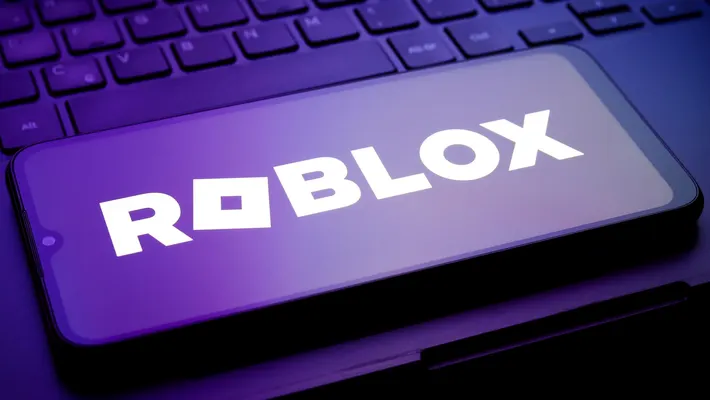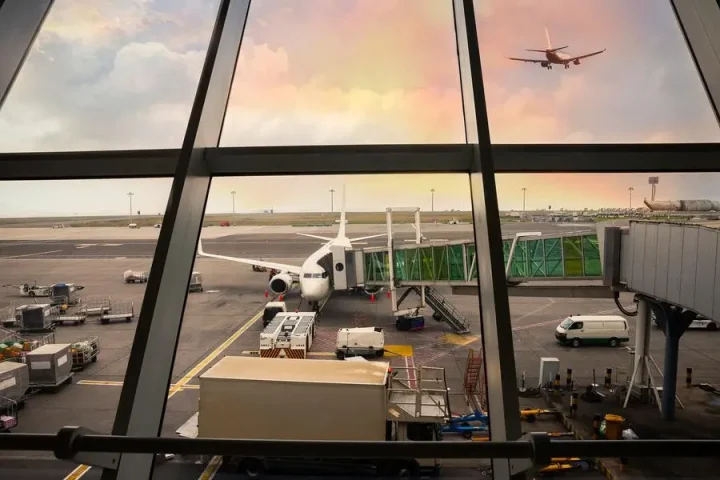In a move that has sparked significant discussion in the digital community, Qatar has officially banned the popular interactive video game “Roblox”, joining Oman, which recently made the same decision. The ban comes as part of broader efforts to protect young users from digital content deemed harmful or inappropriate.
About the Game and Its History
First released in 2006 by US-based Roblox Corporation, “Roblox” has grown into one of the world’s most popular interactive gaming platforms, now boasting more than 70 million daily active users.
Unlike traditional games, Roblox is an open platform that allows users to create their own games using a built-in development engine and share them with others in immersive 3D environments.
The platform has attracted a massive global audience, particularly among children and teenagers, thanks to its creative freedom and social interaction features.
Players can chat, participate in virtual events, and trade or purchase digital items using the platform’s virtual currency, known as “Robux.”
Reasons Behind the Ban in Qatar
The Qatari Ministry of Communications and Information Technology stated that the decision followed a comprehensive review of the game’s risks. Concerns were raised about user-generated content that might not align with local values or child protection standards.
Some virtual environments within Roblox allow interactions that are not fully monitored, potentially posing risks to privacy and influencing young players’ behavior.
Global Concerns and Controversy
Roblox has faced scrutiny in several countries over the years regarding the safety of its content. Since the platform relies heavily on user-generated creations, it is challenging to fully filter what is displayed. Although the company has introduced parental controls and reporting tools to combat inappropriate content, debates continue over the effectiveness of these measures.
Public Reaction
The ban has sparked mixed reactions on social media, with supporters viewing it as a necessary step to safeguard younger generations, while critics argue it restricts digital entertainment freedom.
This controversy highlights the ongoing challenge of balancing creative freedom in the digital space with the responsibility to protect children in an increasingly connected world.

















